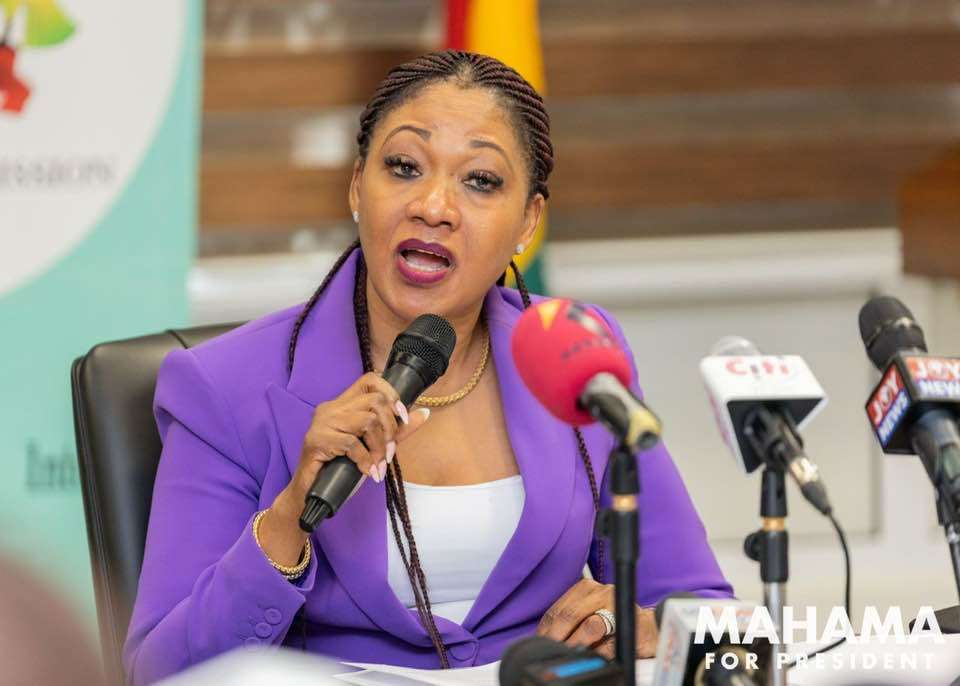Professor Stephen Kwaku Asare, Democracy and Development Fellow in Public Law and Justice at the Centre for Democratic Development (CDD-Ghana) has expressed grave concern over the Electoral Commission’s (EC) decision to rerun the election at the Abokobi Women’s Development Centre 2 polling station in the Dome Kwabenya constituency.
In a strongly worded statement, Professor Asare criticised the EC’s approach, equating it to “straining at a gnat and swallowing a camel.”
He argued that while procedural adherence is vital for electoral integrity, rejecting election results without evaluating their substantive validity undermines the democratic process and erodes trust in the commission.
“This decision, rooted solely in the use of training sheets rather than the official statement of the poll, raises significant questions about prioritising form over substance. As the courts have consistently ruled, beginning with Akufo-Addo et al. v. Mahama et al., the will of the people is paramount and should not be nullified by mere procedural lapses”.
Professor Stephen Kwaku Asare, D&D Fellow in Public Law and Justice at the Centre for Democratic Development (CDD-Ghana)
Form Over Substance: The Risks of Procedural Rigidity
Professor Asare explained that the results declared on the training sheet could still be accurate and verifiable, rendering their outright rejection of the medium used as an extreme and unwarranted measure.
“This is akin to throwing the baby out with the bathwater,” he said, warning that such decisions risk disenfranchising voters and betraying the core tenets of democracy.
Rather than opting for a complete rejection, the renowned constitutional activist, who writes under the advocacy banner of Good Governance (GOGO) noted that the EC could have pursued a course of rectification by verifying the results and re-declaring them using the correct forms.
Such a step, he argued, would preserve procedural integrity while maintaining public trust in the electoral process.
“Rejecting declarations based on procedural errors without exploring alternative means of verification sets a dangerous precedent. It suggests that technical missteps, no matter how inadvertent, can override the sovereign will of the people—a principle that should be sacrosanct in any democracy.”
Professor Stephen Kwaku Asare, D&D Fellow in Public Law and Justice at the Centre for Democratic Development (CDD-Ghana)

According to the renowned academic, elections, by their nature, are complex and prone to human error, a reality acknowledged through the incorporation of multiple redundancies within the electoral process.
These safeguards are designed to affirm the integrity of results even in the face of procedural lapses. Professor Asare accused the EC of disregarding these safeguards by prioritizing “perfection in form over fairness in substance.”
“The voters fulfilled their democratic duty and cast their votes in good faith. Their voices should not be disregarded simply because an EC official failed to adhere to proper procedures,” he asserted, pointing out that the responsibility for such lapses rests squarely with the commission and not the electorate.
He underscored the dangers of penalizing voters for errors beyond their control, stating, “The fault of one should not ruin the efforts of many.” By doing so, Professor Asare opined that the EC risks undermining the principles of fairness and justice that elections are meant to uphold.
Calls for a Balanced Approach
Professor Asare called on the EC to adopt a more balanced approach that considers both procedural rigour and the need for fairness and equity.
“As the Akan proverb goes, ‘When the rhythm of the drum changes, the dance steps must adapt.’ Electoral processes must remain flexible enough to address human error without undermining the voters’ will”.
Professor Stephen Kwaku Asare, D&D Fellow in Public Law and Justice at the Centre for Democratic Development (CDD-Ghana)
The decision to rerun the election, he warned, creates a troubling impression that the EC is more committed to procedural rigidity than to ensuring a transparent and equitable process.
He urged the commission to prioritize the people’s will, cautioning that decisions that fail to explore options for verification and correction miss the balance required to uphold democratic principles.
Professor Asare’s critique highlights the broader implications of procedural rigidity on Ghana’s electoral integrity.
READ ALSO: Ghana Stock Exchange Kicks Off Post-X’mas Holiday Trading with Stable Indices



















